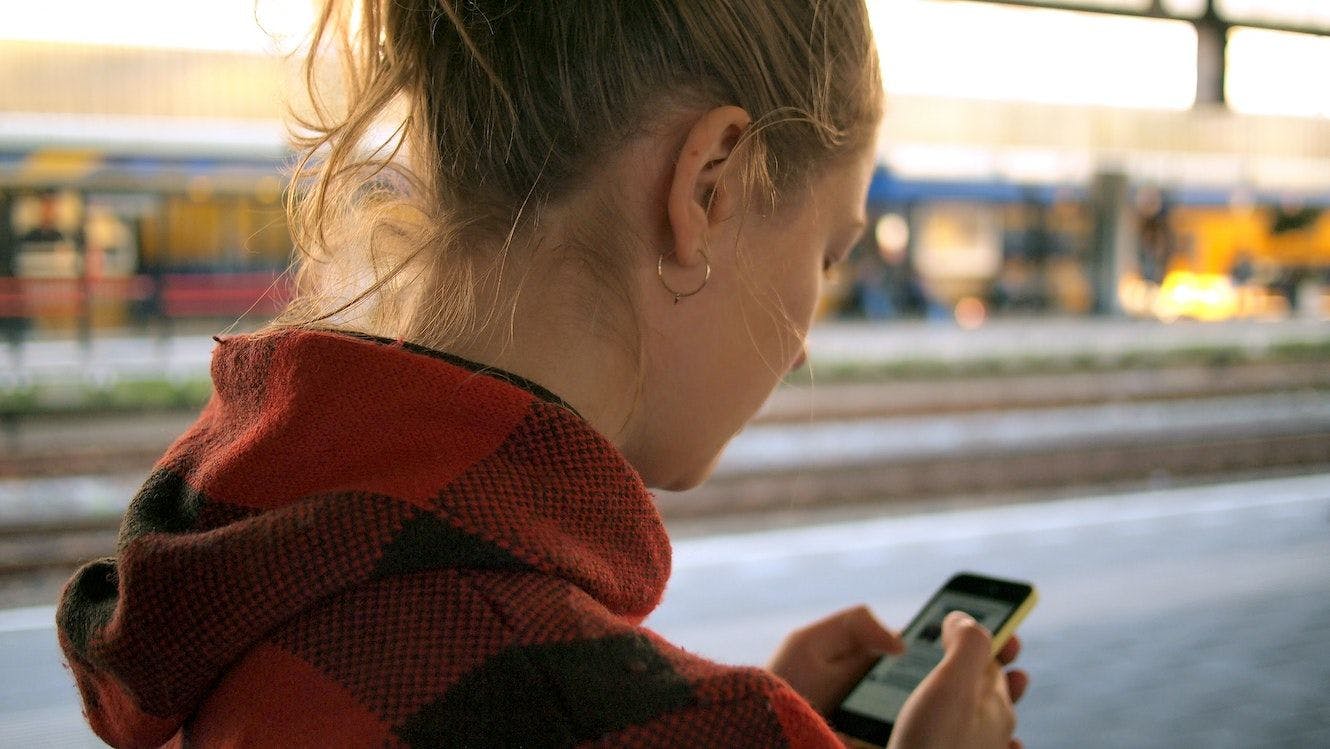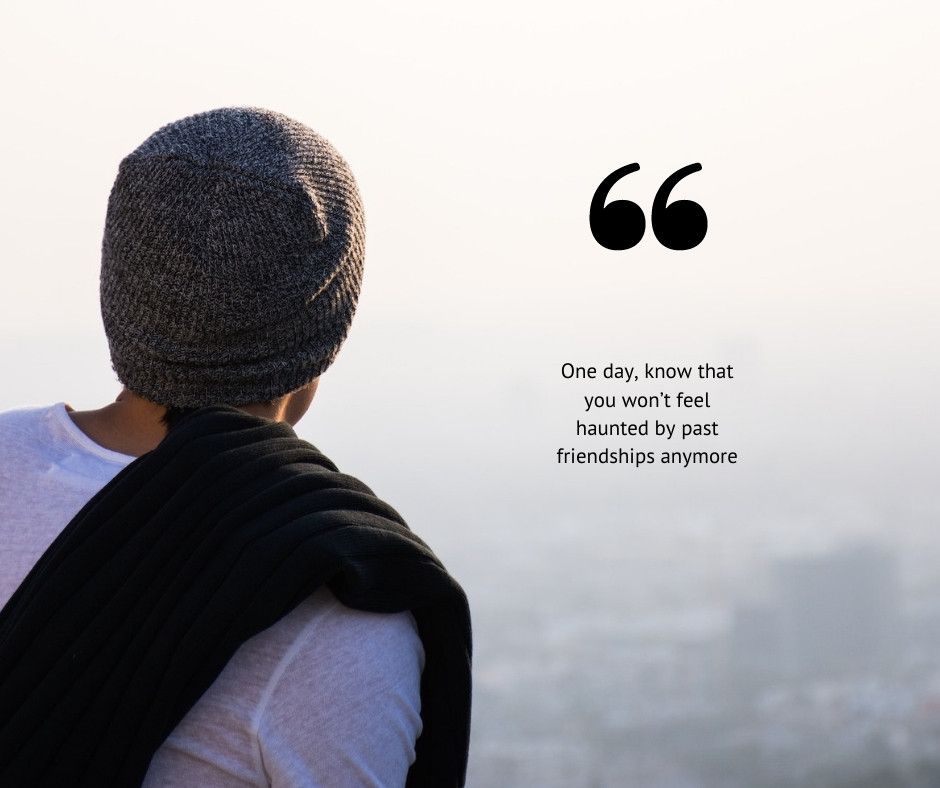Supportive steps to take when you've been ghosted by a friend
updated on Oct 22, 2022

When a pal suddenly leaves your life, it can feel confusing and distressing. Try these next steps...
Ghosting, when someone cuts communication suddenly and without explanation, can be a deeply painful, even heartbreaking, experience. Naturally, an abrupt ending to all communication can be all the more upsetting when it’s done by a friend. Being ghosted can result in unanswered questions, a frustrating lack of closure, or the feeling that something is ‘wrong’ with who we are. It can also create a ‘void’ where the friendship used to be, or even a loss of identity.
As being ghosted by a friend is often distressing, healing can take time. So, let’s take a look at what can be done to support that process.
Use distress tolerance techniques
The hours and days after realising you have been ghosted are likely to be the most difficult. Distress tolerance techniques are healthy ways of coping that help a person get through emotionally painful moments. One example of a distress tolerance technique is self-soothing, using the five senses in a healthy way. Cocoon yourself in a soft blanket while watching a relaxing film, or take a gentle walk in nature. Another example is using ‘safe place imagery’ or ‘guided visualisation’ to temporarily take you into a more comfortable space in your mind.
Use mindfulness to avoid reacting impulsively
Practising a mindful stance towards thoughts and emotions makes it easier to pause, preventing spur-of-the-moment reactions. Notice where emotions are arising in your body. What sensations do they create? Gently pay attention to the depth and speed of your breath. Observe any thoughts that arise and, instead of becoming tangled up in them, imagine them passing through the mind like leaves floating on a stream, or clouds drifting across the sky. Observe all sensations and thoughts without judging or trying to change them.

Validate feelings of loss
Being ghosted by a friend may elicit feelings of immeasurable loss. This may be the loss of an imagined future, no longer being able to talk with them, or having extra time on your hands. Memories may also feel tarnished or even ruined; it may be hard to see or think about anything relating to the friendship. After being ghosted, some people may grieve – know that all emotional responses are valid and deserve to be taken seriously, by yourself and others.
Acknowledge that there are things you can’t control
As relationship counsellor Siobhan Butt explains: “In the absence of any answers, we tell ourselves a negative story, and actually all the answers you need about the relationship are in this person’s behaviour; they have shown you who they are. They are viewing their own comfort as more important than your feelings, otherwise, they would have a difficult conversation with you.”
While some self-reflection is helpful, avoid engaging in self-blame or self-criticism for being ghosted. Siobhan says: “Self-care is really important and how you talk about yourself is a big part of that.” Acknowledge that some things are outside of your control, including what’s going on in someone else’s life, or how they act in relationships.
Radical acceptance – an ongoing practice of letting go of efforts to shape a desired outcome – can be helpful. A repeated commitment to stop trying to control certain situations can reduce distress and increase feelings of peace.
Seek a deeper connection
The grieving process cannot be rushed but, when appropriate, it’s helpful to reflect on how to move forwards and use any new-found time in a fulfilling way. Perhaps you would like to tend to other friendships, or seek opportunities to meet like-minded people through community groups. This could also be the ideal moment to get to know yourself better, spend more time on hobbies, or focus on a meaningful goal.
Being ghosted can activate past trauma, especially relational or early abandonment trauma, meaning professional support may be essential. As Siobhan says: “You gave your trust away because that is expected in a relationship, and then it was broken. Maybe this has happened to you in your formative years, and there are echoes of this for you now.”
It’s important to seek help from a professional if you’re struggling, especially if your feelings are becoming more intense or aren’t reducing over time. But, one day, know that you won’t feel haunted by past friendships anymore – instead you can save your time and energy for connections that are truly worthwhile.
Rosie Cappuccino is a Mind Media Award winning blogger and author. Visit talkingaboutbpd.co.uk.
If you are struggling with the effects of this, visit the Counselling Directory or speak to a qualified counsellor.

